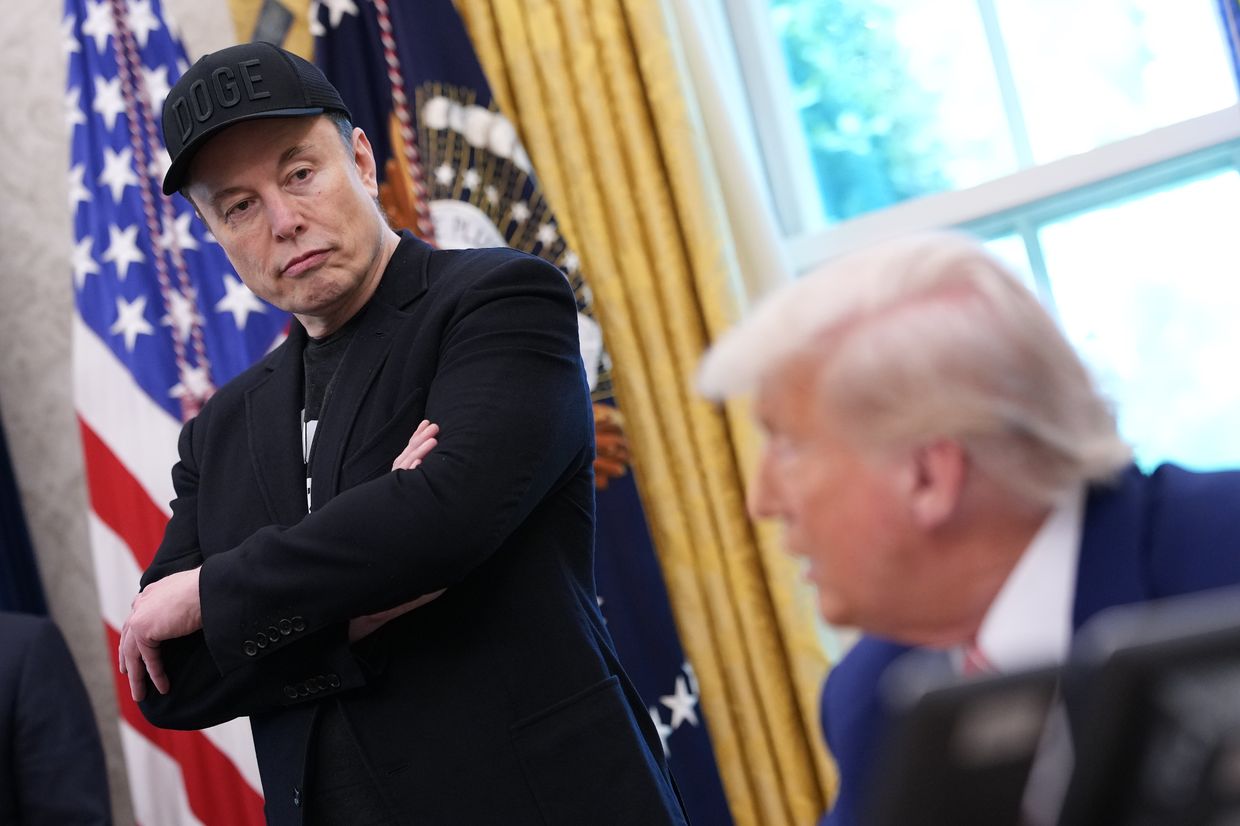Diccon Hyatt
Fri, May 30, 2025, 7:22 AM 3 min read
David Paul Morris / Bloomberg via Getty Images
Consumer price increases slowed in April by slightly more than economists expected.-
Inflation in April fell to 2.1%, its lowest annual increase since September, and nearly to the Federal Reserve's goal of a 2% annual rate.
-
April may be the low point for inflation for a while, as tariff costs begin to be passed on to consumers.
-
April was a good month for household budgets overall, with income rising far faster than prices.
Inflation fell more than expected, dropping nearly to the Federal Reserve's target of a 2% annual rate by one measure.
Consumer prices rose 2.1% over the year in April as measured by Personal Consumption Expenditures, the Bureau of Economic Analysis said Friday. That was the lowest annual inflation since September. The inflation rate was lower than the expectations of forecasters, who had called for a 2.2% increase according to a survey of economists by Dow Jones Newswires and The Wall Street Journal.
Falling gas prices helped push down PCE Inflation, just as they did with the Consumer Price Index, a separate inflation measure released earlier this month.
It wasn't just gas prices that pushed inflation down, however. "Core" inflation, which excludes the volatile prices for food and energy, fell to a 2.5% monthly increase from 2.7%, the lowest since March 2021 and also lower than median forecasts. The Fed uses core PCE inflation to assess whether prices are increasing at its target rate of 2% a year.
Unexpectedly cool inflation bolsters the case for the Fed to cut its benchmark interest rate, which it has held at higher-than-usual levels this year to stamp out the last remnants of the post-pandemic burst of inflation.
However, Fed officials have been reluctant to cut interest rates until the effects of President Donald Trump's tariff campaign on the economy become clearer. Many economists predict tariff-related price increases and slowdowns will start affecting key economic measures such as inflation and unemployment in the coming months.
"If there wasn’t a trade war going on, we all might have been impressed by the resumption of inflation progress," Ali Jaffery, an economist at CIBC, wrote in a commentary.
Trump and White House officials have called on the central bank to lower interest rates, which would put downward pressure on interest rates for all kinds of loans. Fed officials have resisted that pressure for fear that Trump's high import taxes will stoke inflation.
As of April, trade-related inflation hadn't materialized, even though several tariffs were already in place.
The outlook is muddy because tariff rates have changed frequently and drastically, through Trump's policy changes, and now with the court repealing and reinstating certain tariffs.
.png)
 German (DE)
German (DE)  English (US)
English (US)  Spanish (ES)
Spanish (ES)  French (FR)
French (FR)  Hindi (IN)
Hindi (IN)  Italian (IT)
Italian (IT)  Russian (RU)
Russian (RU) 







Comments